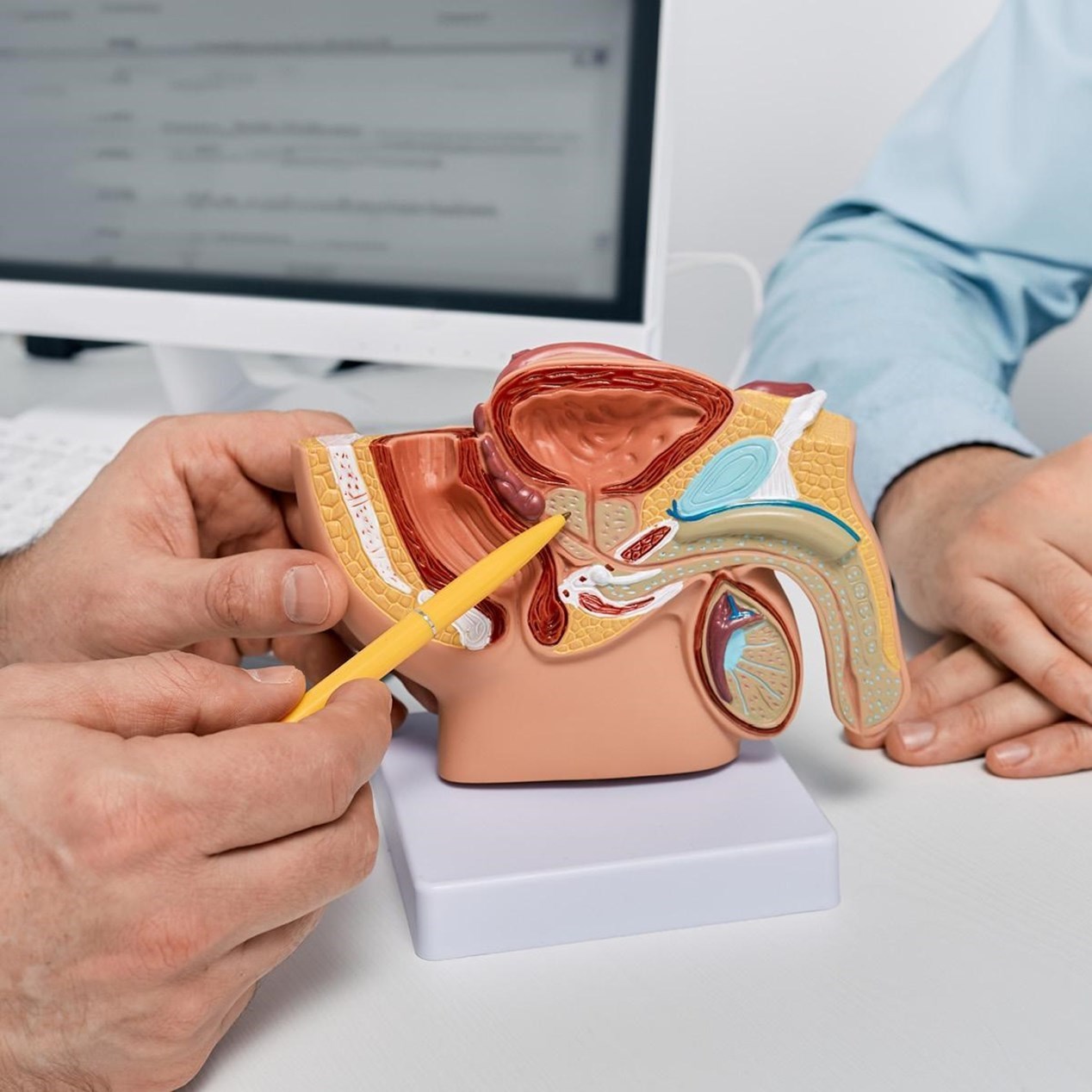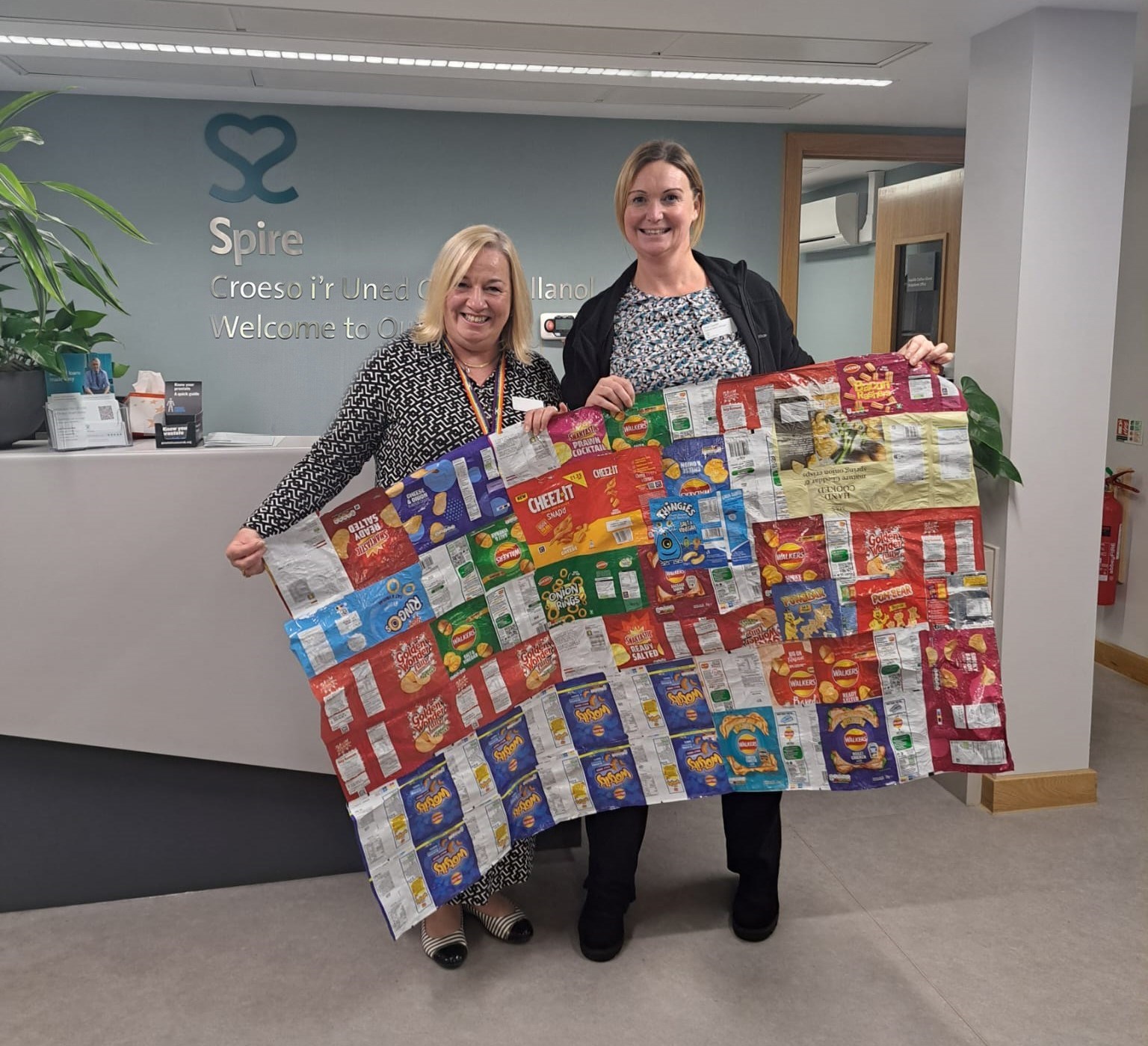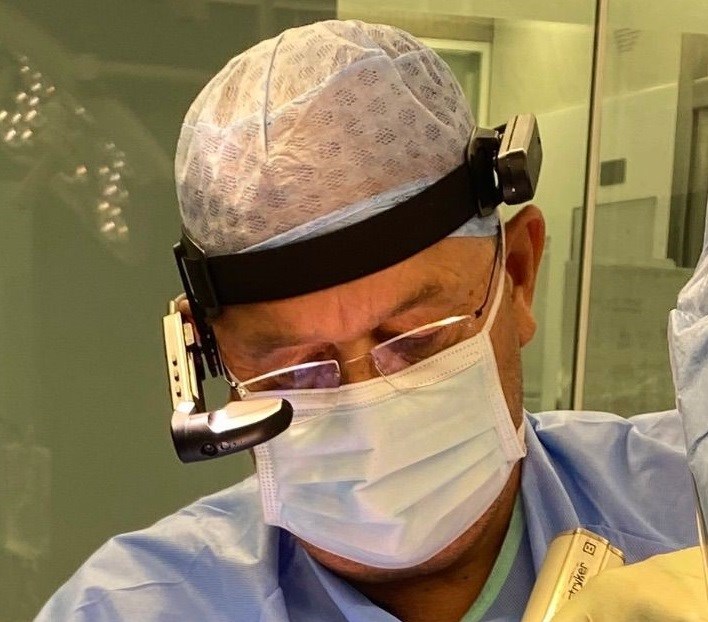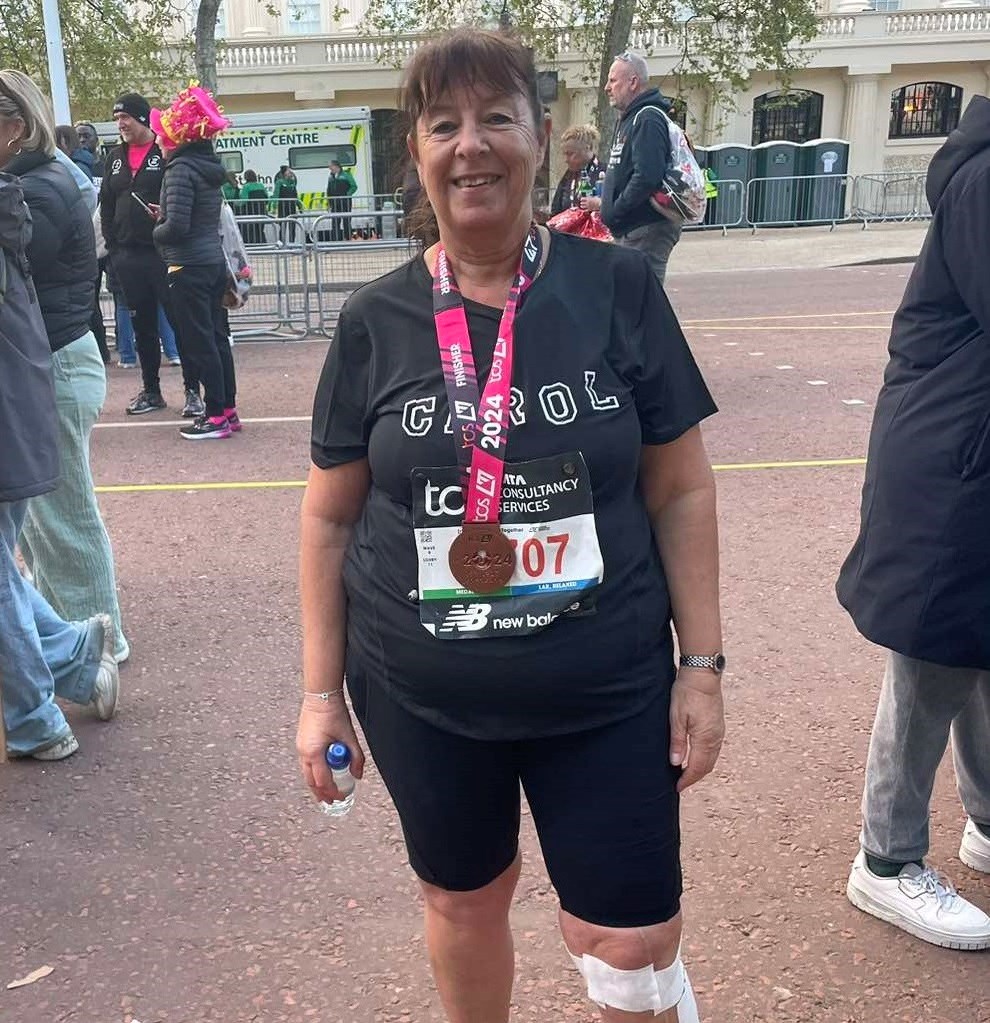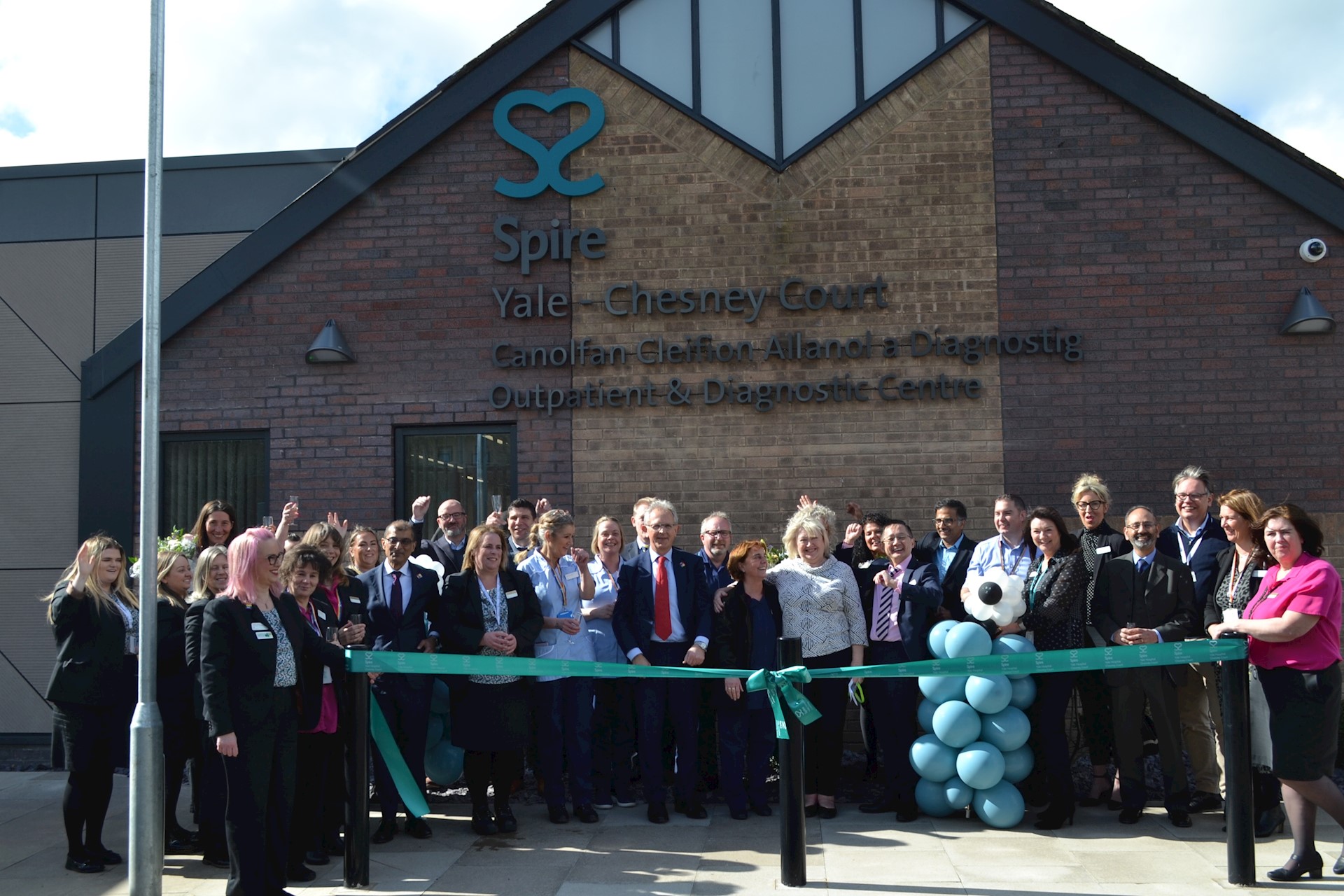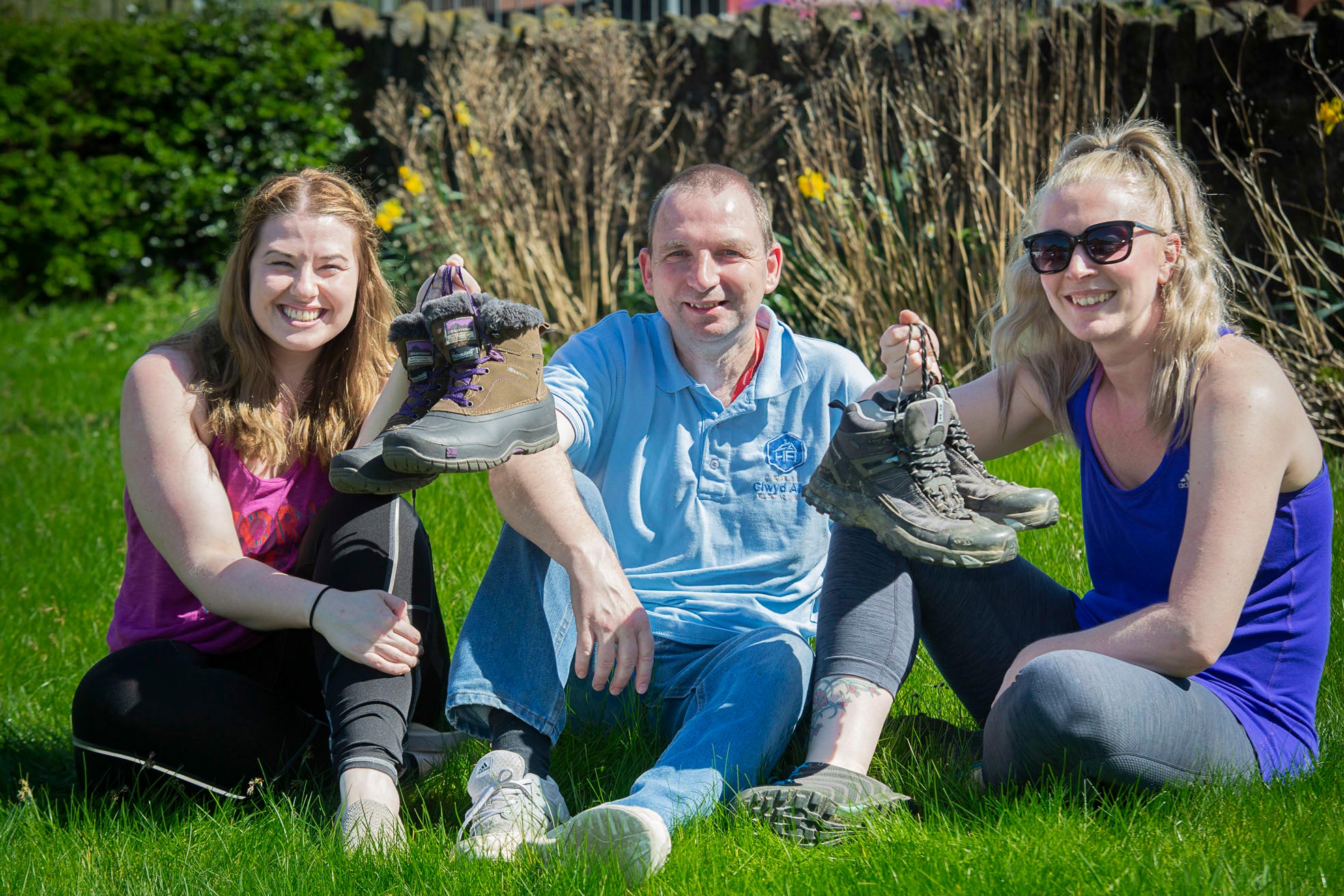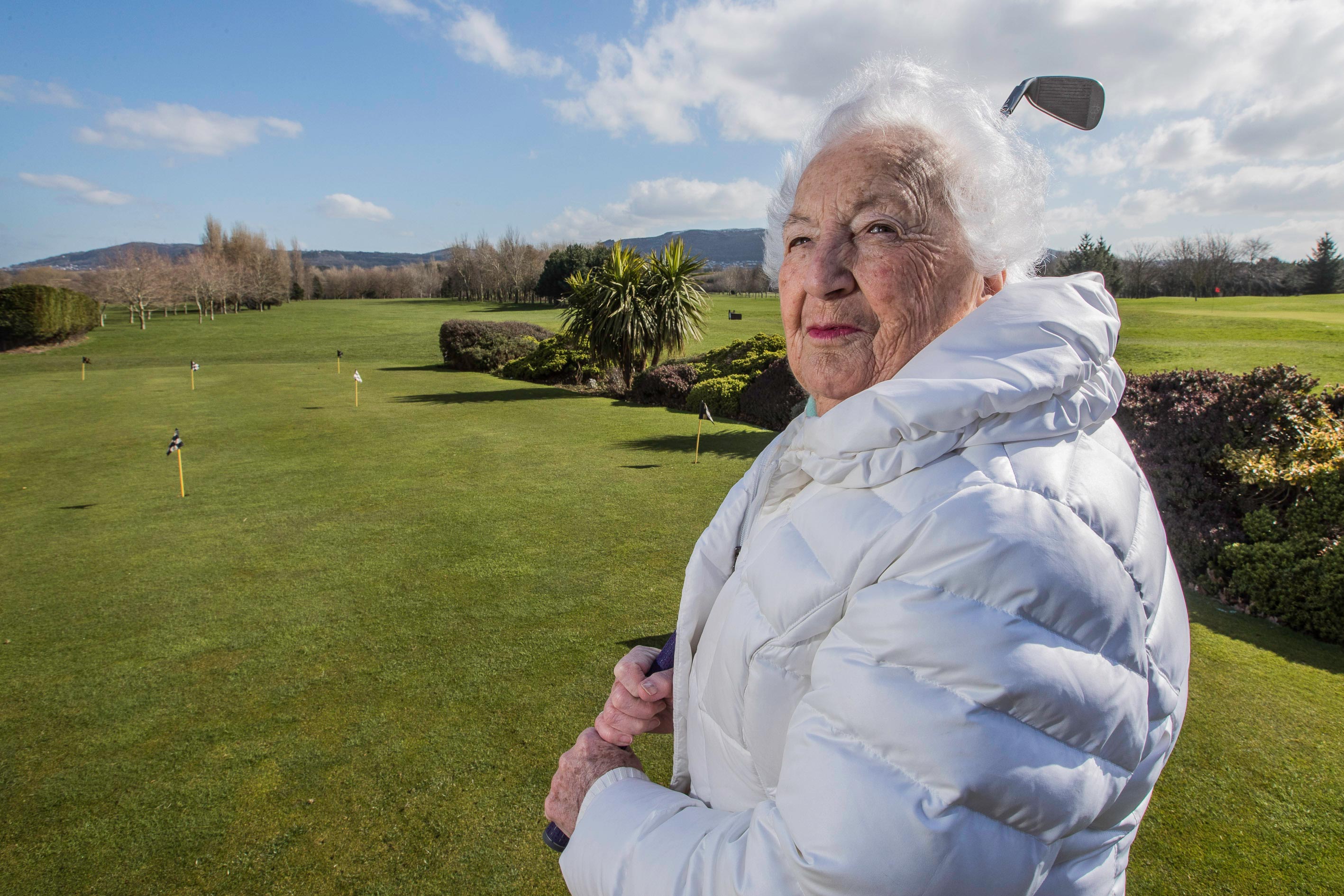Spire Yale Hospital announces use of SpaceOAR® Hydrogel for prostate cancer radiation therapy
14 April 2025
Spire Yale Hospital in Wrexham North Wales launches a new technology that offers protection for men choosing to undergo radiation therapy for prostate cancer.
